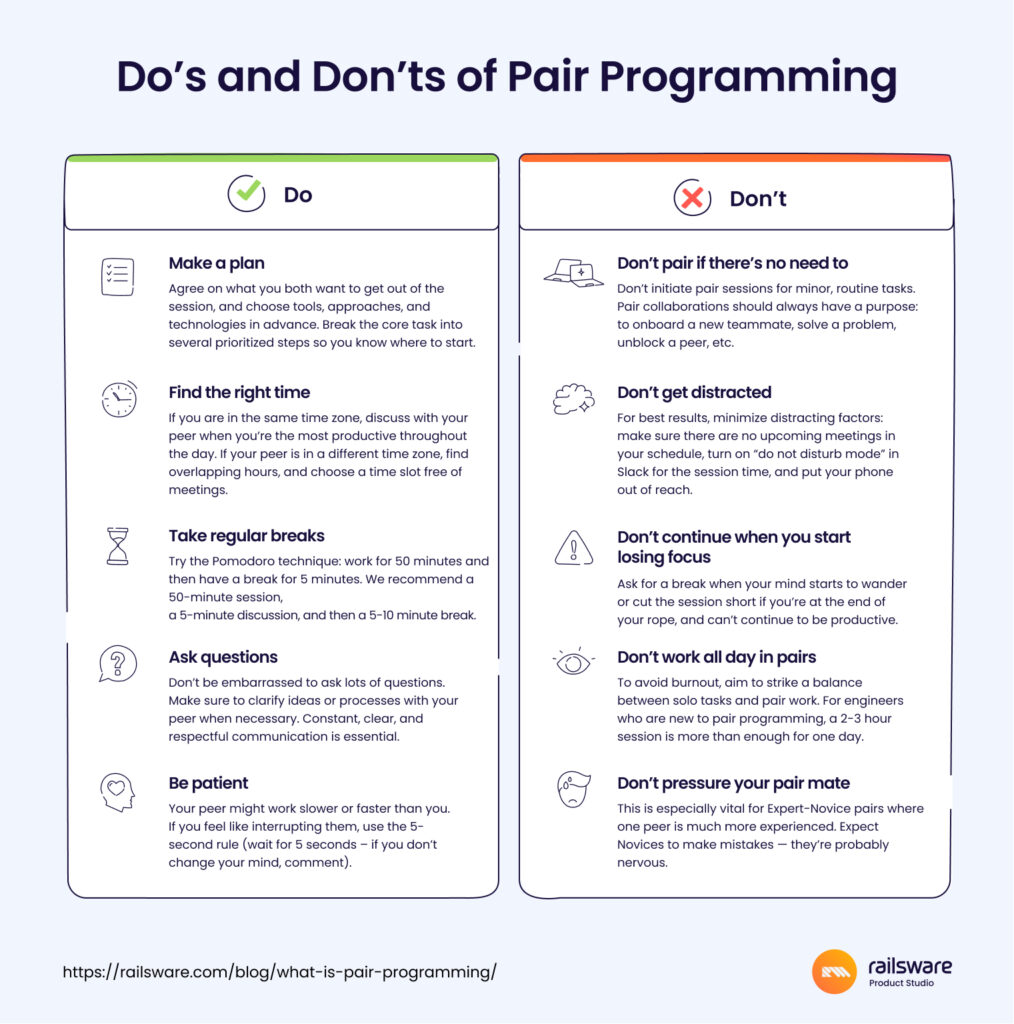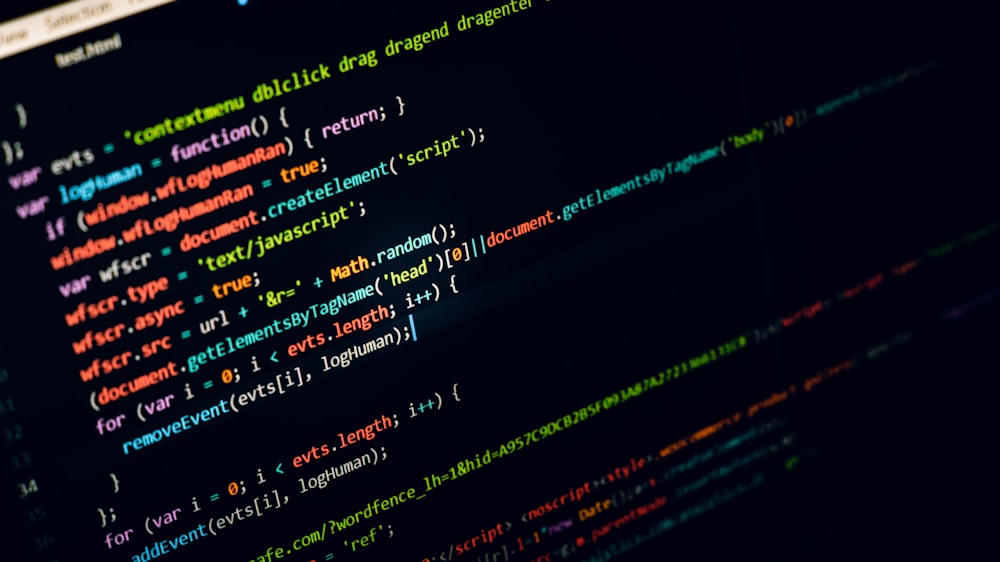
The Ultimate Guide to Acing Pair Programming Interviews

Pair Programming Interview Tips: Mastering the Dynamic Duo Technique
Pair programming interviews can be a nerve-wracking experience, especially if you’re new to the concept or seeking to improve your skills. However, with the right approach and preparation, you can ace these interviews and showcase your collaborative abilities. Here are some invaluable tips to help you navigate pair programming interviews like a pro.
Understanding the Dynamics
Before diving into a pair programming interview, it’s crucial to understand the dynamics of the process. Unlike traditional interviews, pair programming involves working alongside another developer in real-time to solve problems or complete tasks. This collaborative approach allows interviewers to assess not only your technical skills but also your communication, teamwork, and problem-solving abilities.
Prepare Mentally and Emotionally
Preparing for a pair programming interview goes beyond brushing up on technical concepts. It’s essential to mentally and emotionally prepare for the collaborative nature of the session. Approach the interview with an open mind, be receptive to feedback, and maintain a positive attitude throughout the process. Remember, the interviewer is not just evaluating your coding skills but also how well you work with others under pressure.
Foster Effective Communication
Effective communication is key to successful pair programming. During the interview, make sure to communicate clearly and concisely with your partner. Discuss your thought process, share ideas, and actively listen to their input. Avoid dominating the conversation or dismissing your partner’s suggestions. Instead, strive for a balanced exchange of ideas and mutual respect.
Establish a Game Plan
Before tackling the coding challenges, take some time to establish a game plan with your partner. Discuss the problem statement, brainstorm potential solutions, and outline a strategy for tackling the task efficiently. Breaking down the problem into smaller steps and assigning responsibilities can help streamline the coding process and prevent confusion.
Embrace the Driver-Navigator Roles
In pair programming interviews, it’s common for one person to take on the role of the “driver” while the other assumes the “navigator” role. The driver is responsible for writing the code, while the navigator provides guidance, reviews the code, and suggests improvements. Embrace these roles and switch positions periodically to ensure a balanced collaboration.
Practice Active Listening
Active listening is a crucial skill in pair programming interviews. Pay attention to your partner’s ideas, questions, and concerns, and respond thoughtfully. Avoid interrupting or rushing to conclusions before fully understanding your partner’s perspective. By practicing active listening, you demonstrate respect for your partner’s input and contribute to a more productive collaboration.
Stay Calm Under Pressure
Pair programming interviews can be intense, with tight deadlines and challenging problems to solve. It’s essential to stay calm and composed under pressure, even if you encounter obstacles along the way. Take deep breaths, focus on the task at hand, and approach challenges methodically. Remember, how you handle adversity can speak volumes about your resilience and problem-solving skills.
Seek Feedback and Learn from Mistakes
After the interview, take time to reflect on your performance and seek feedback from your partner and interviewer.









